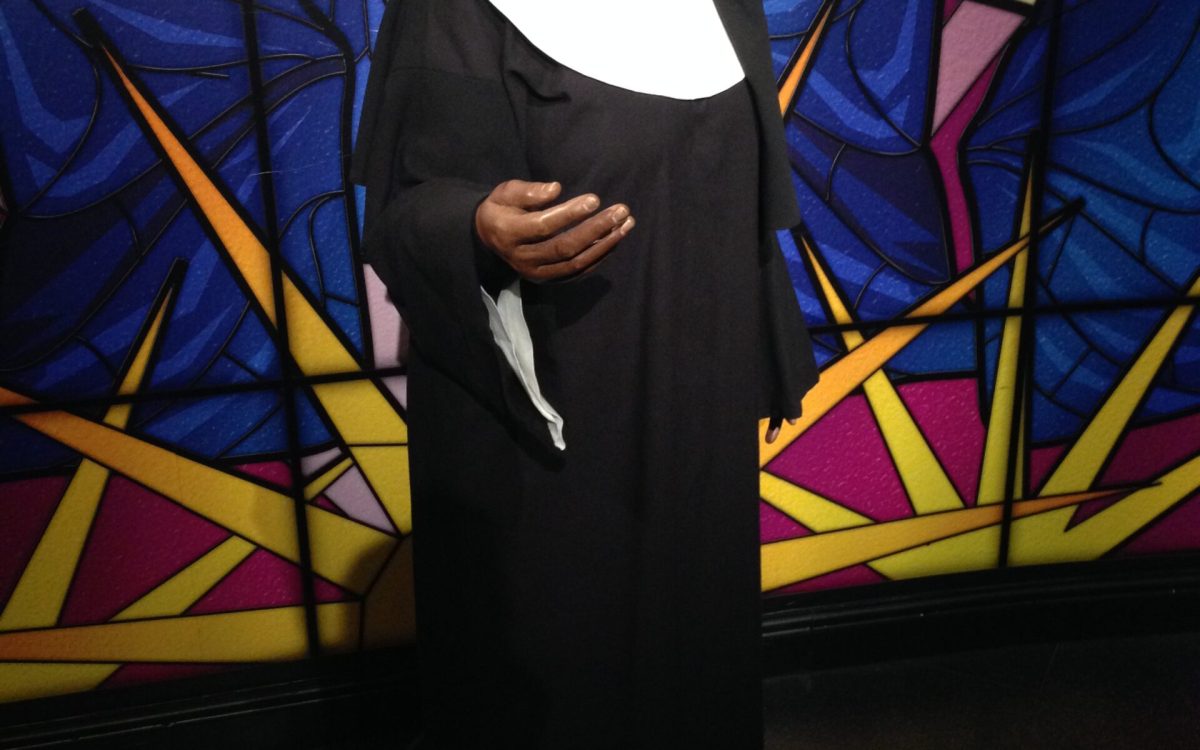In every organization, for the leader to succeed, she or he will need the collaboration of every member of the team. For s/he to maltreat a part of the team, she or he will as well need a full collaboration of an essential part of the group to achieve that. This is because society expects everybody in leadership to be automatically perfect. And that’s an ideal, except that leaders are not often chosen because they have proven to be perfect in the position they are about to occupy but because they performed impressively in the former assignments they held.
In a TED Talk by memory scientist Julia Shaw, “How to support witnesses of harassment and build healthier workplaces,” she stated some necessary steps, including training the manager. She explains that the people likely to harass others in an organization are the managers. Frequently, we expect too much from leaders without giving them the necessary tools and training to carry out their assignments. She also explains that institutions should put in place the necessary tools to checkmate possible abuses of power.
Unfortunately, in religious institutions, leadership is often theocratic. And in the cases of certain religious congregations where the founder is the leader, for example, her voice and wishes are too frequently of divine origin. So, they generally do not have anyone to control what they can or cannot do. Yet, they can neither succeed nor fail without other members facilitating it. However, if the team works together, they can change even a terrible leader, but if they place their interests ahead of the common good, they ruin even the best leader. Sr Francine was admitted to a congregation dominated by a particular group of sisters. She is the minority in the entire community, and her vision of the world appears disconnected from that of the other community members. She struggles to adjust but is too slow for the superior’s liking. And she also appears to be outspoken and always happy.
Unfortunately, the superior sees religious life from another perspective. Not that she is mistaken, but simply because she never took the time to understand the cultural background of Sr Francine better. And since she cannot be everywhere to monitor Sr Francine, she now uses some of her acolytes to do the job. And instead of being considerate of their younger sister’s predicament, they prefer to use her trouble to score some points before their mother superior.
I do understand that not obeying the mother superior is a problem, but in moments like that, we are called to be the allies of the oppressed. Sr Francine would have needed some sister allies and not spies. In moments like hers, the Exodus 2:5–10 book comes handy. Pharaoh’s daughter had to go against her father’s decision to save the young Moses. She knew she was breaking a significant law and could lose her father’s love, yet she decided to be an ally.






